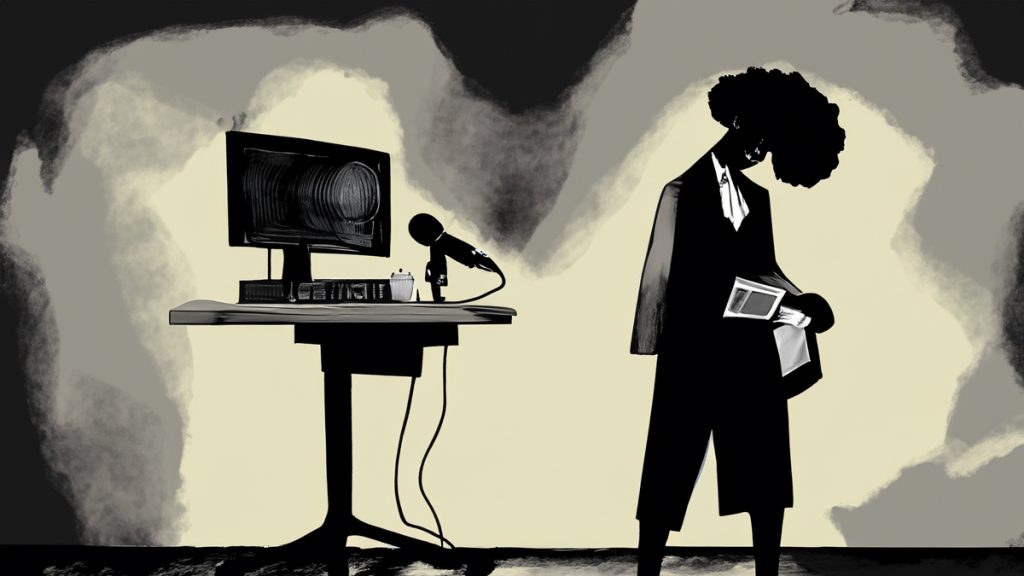
Reynolds Journalism Institute and SmithGeiger tackle burnout with industry-wide survey
COLUMBIA, Mo. (Oct. 16, 2023) — The Donald W. Reynolds Journalism Institute (RJI) at the Missouri School of Journalism has partnered with respected research firm SmithGeiger for a groundbreaking survey to find solutions to burnout in the news industry. The survey takes approximately 15 minutes to complete and is available here.
An estimated 70% of journalists have experienced work-related burnout, with experts saying younger journalists are at higher risk. At a time when new technology, changing revenue models and a crisis of public trust are contributing to a rapid pace of change in journalism, RJI and SmithGeiger seek to gain on-the-ground insights from journalists about the issues that lead some to exit the profession while others thrive.
“The pandemic brought the issue of burnout into focus for a lot of people, but the underlying factors that lead to high stress, exhaustion and trauma have not gone away,” said Randy Picht, executive director of RJI. “Just like a good reporter would do, we wanted to go directly to the source and see what journalists have to say about their work environment.”
The 15-minute online survey, which is anonymous and open to news organizations anywhere in the country through November, is not RJI’s first partnership with SmithGeiger. The partners previously worked together on a national survey to determine the most effective ways to educate the public about COVID-19 vaccines, research that helped lead to a COVID-19 messaging toolkit for local journalists.
This time around, the survey aims to help news leadership focus their resources on effective solutions for burnout. It will gather perspectives across all news mediums and from a diverse range of voices representing a comprehensive cross-section of the industry.
Seth Geiger, president and co-founder of SmithGeiger, said that while the issue of burnout is nothing new to journalism, the fact that it has intensified in recent years — particularly among newer journalists — highlights a crisis that needs to be addressed from an impartial, research-based standpoint.
In addition to acknowledging economic trends that influence pay, workload and staffing, the survey asks for input on resources and support for those who have experienced trauma on the job, the impacts of public hostility and social media harassment, and the broader environment at their workplace among other factors.
Once complete, the results of the project will be distributed free of charge to news organizations and others interested in fighting burnout in the industry.
“My hope is that news organizations will view this survey as the first step in a more targeted and informed approach to battling burnout,” Picht said. “I’m excited to see insights from the survey turn into real practices and policies that benefit working journalists.”
To learn more about how you or your organization can participate in the survey, contact Randy Picht at pichtr@rjionline.org.
